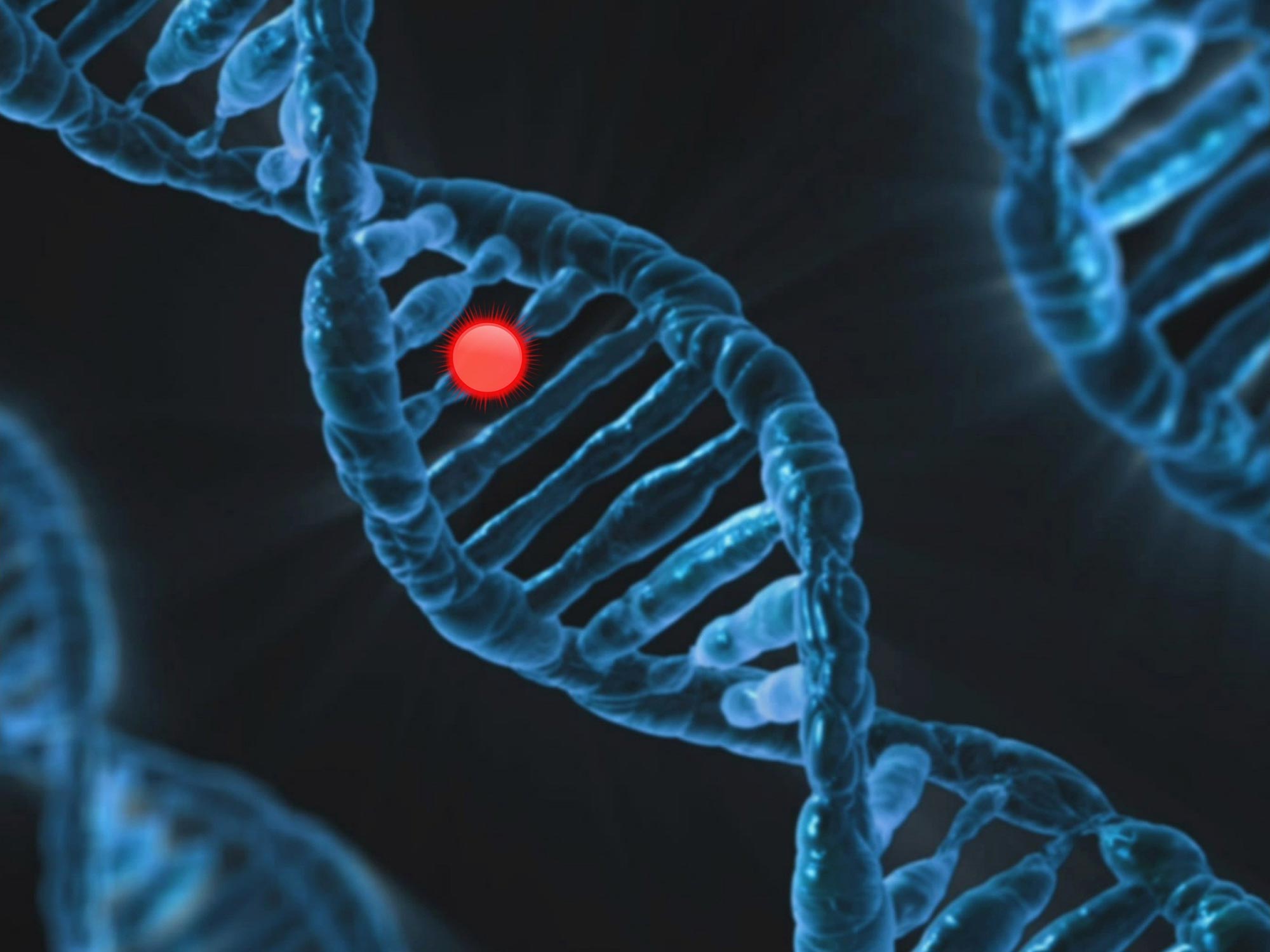동의어 돌연변이는 상대적으로 효과가 없는 것으로 오랫동안 생각되어 왔습니다.
새로운 연구에 따르면 대부분의 “조용한” 돌연변이는 중립적이기보다는 해롭습니다.
마샬 니렌버그, A 미시간 대학교 1960년대 초 졸업생들과 생명의 유전 암호를 해독하는 소수의 연구자들은 정보가 저장되는 기반을 발견했습니다.[{” attribute=””>DNA molecules is converted into proteins, the functional components of living cells.
They discovered three-letter DNA units called codons that describe each of the 20 amino acids that make up proteins. This discovery would win Nirenberg and two others the Nobel Prize.
Occasionally, single-letter misspellings in the genetic code, known as point mutations, occur. Nonsynonymous mutations are point modifications that alter the protein sequences that result from them, while silent or synonymous mutations do not change the protein sequences.
One-quarter to one-third of protein-coding DNA sequence point mutations are synonymous. They have often been thought to be neutral or almost neutral mutations ever since the genetic code was deciphered.
But in a study recently published Nature that involved the genetic manipulation of yeast cells in the laboratory, University of Michigan biologists show that most synonymous mutations are strongly harmful.
The strong non-neutrality of most synonymous mutations—if found to be true for other genes and in other organisms—would have major implications for the study of human disease mechanisms, population and conservation biology, and evolutionary biology, according to the study authors.
“Since the genetic code was solved in the 1960s, synonymous mutations have been generally thought to be benign. We now show that this belief is false,” said study senior author Jianzhi “George” Zhang, the Marshall W. Nirenberg Collegiate Professor in the U-M Department of Ecology and Evolutionary Biology.
“Because many biological conclusions rely on the presumption that synonymous mutations are neutral, its invalidation has broad implications. For example, synonymous mutations are generally ignored in the study of disease-causing mutations, but they might be an underappreciated and common mechanism.”
In the past decade, anecdotal evidence has suggested that some synonymous mutations are nonneutral. Zhang and his colleagues wanted to know if such cases are the exception or the rule.
They chose to address this question in budding yeast (Saccharomyces cerevisiae) because the organism’s short generation time (about 80 minutes) and small size allowed them to measure the effects of a large number of synonymous mutations relatively quickly, precisely, and conveniently.
They used CRISPR/Cas9 genome editing to construct more than 8,000 mutant yeast strains, each carrying a synonymous, nonsynonymous or nonsense mutation in one of 21 genes the researchers targeted.
Then they quantified the “fitness” of each mutant strain by measuring how quickly it reproduced relative to the nonmutant strain. Darwinian fitness, simply put, refers to the number of offspring an individual has. In this case, measuring the reproductive rates of the yeast strains showed whether the mutations were beneficial, harmful or neutral.
To their surprise, the researchers found that 75.9% of synonymous mutations were significantly deleterious, while 1.3% were significantly beneficial.
“The previous anecdotes of nonneutral synonymous mutations turned out to be the tip of the iceberg,” said study lead author Xukang Shen, a graduate student research assistant in Zhang’s lab.
“We also studied the mechanisms through which synonymous mutations affect fitness and found that at least one reason is that both synonymous and nonsynonymous mutations alter the gene-expression level, and the extent of this expression effect predicts the fitness effect.”
Zhang said the researchers knew beforehand, based on the anecdotal reports, that some synonymous mutations would likely turn out to be nonneutral.
“But we were shocked by the large number of such mutations,” he said. “Our results imply that synonymous mutations are nearly as important as nonsynonymous mutations in causing disease and call for strengthened effort in predicting and identifying pathogenic synonymous mutations.”
The U-M-led team said that while there is no particular reason why their results would be restricted to yeast, confirmations in diverse organisms are required to verify the generality of their findings.
Reference: “Synonymous mutations in representative yeast genes are mostly strongly non-neutral” by Xukang Shen, Siliang Song, Chuan Li, and Jianzhi Zhang, 8 June 2022, Nature.
DOI: 10.1038/s41586-022-04823-w
The study was funded by the U.S. National Institutes of Health.

“경순은 통찰력 있고 사악한 사상가로, 다양한 음악 장르에 깊은 지식을 가지고 있습니다. 힙스터 문화와 자연스럽게 어우러지는 그의 스타일은 독특합니다. 그는 베이컨을 좋아하며, 인터넷 세계에서도 활발한 활동을 보여줍니다. 그의 내성적인 성격은 그의 글에서도 잘 드러납니다.”
